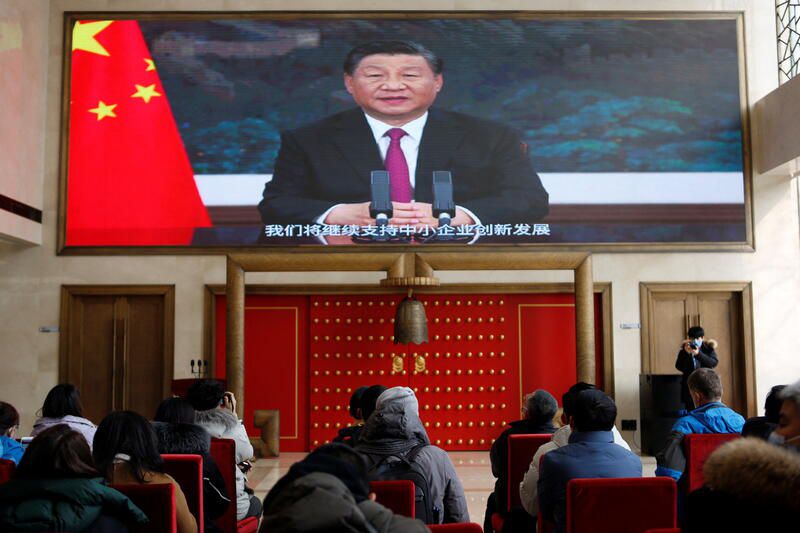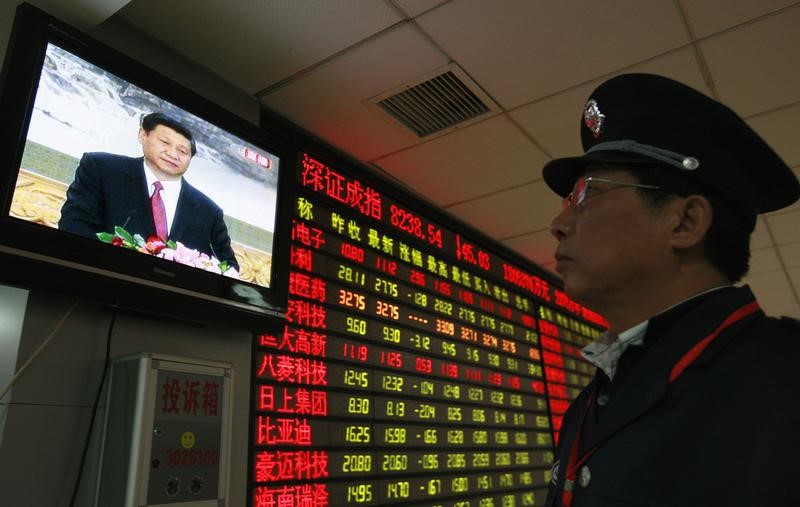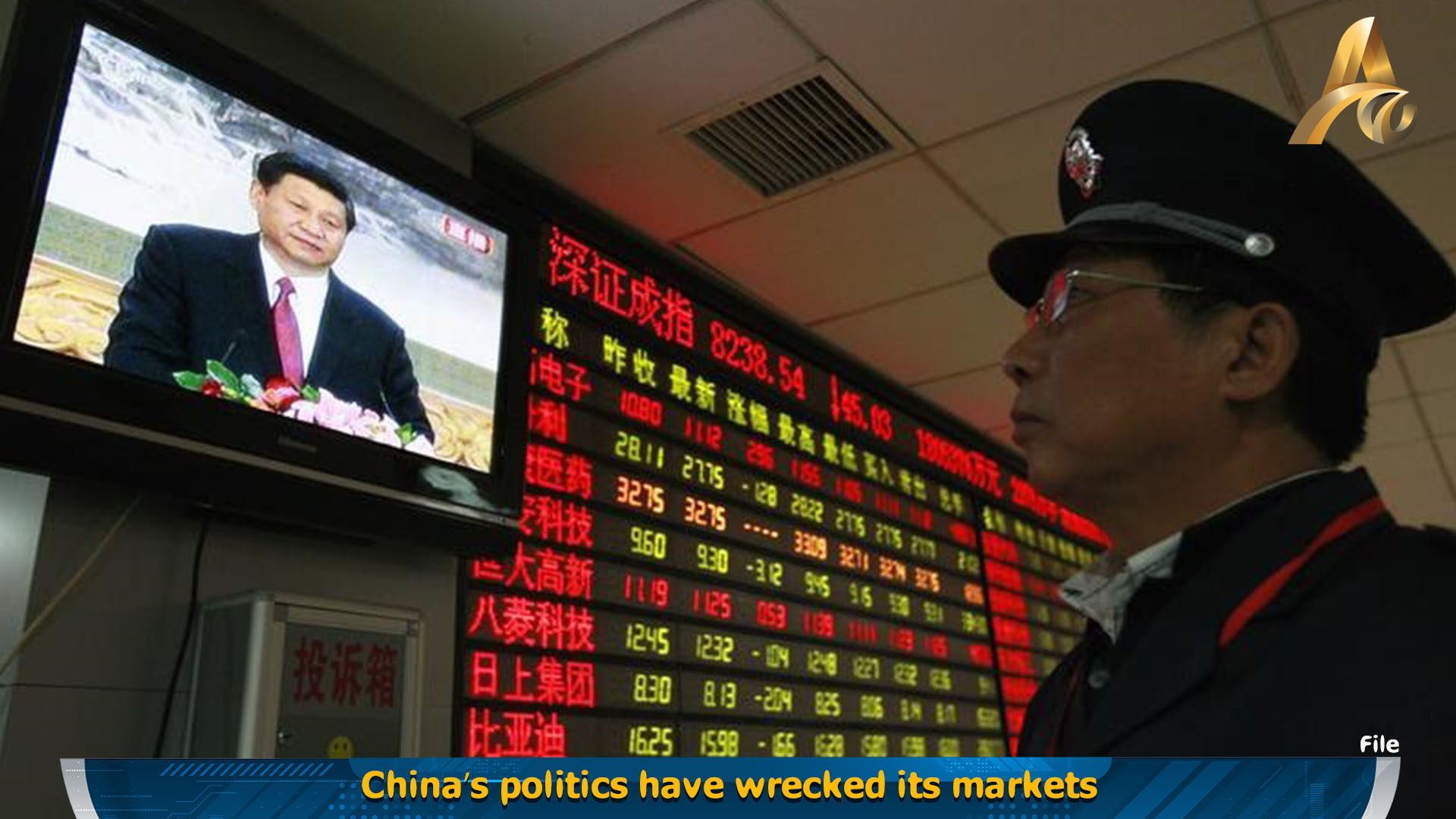INTERNATIONAL: Accumulated political and diplomatic errors are trashing valuations at listed Chinese companies. Although officials belatedly snapped into action on Wednesday, having spent the last few years taking investors for granted, Beijing will struggle to reassure them now.
While the war in Ukraine has derailed markets everywhere, China’s crash is particularly vicious and increasingly indiscriminate. Domestic benchmarks were the world’s worst-performing outside of Russia as of Tuesday’s close; mainland exchanges have trimmed over $2 trillion in market value since the beginning of the year, per Refinitiv data. The biggest companies tracked by the CPI300 are down a fifth, while the Hang Seng China Enterprises Index has retreated to 2008 levels. Domestic traders are even fleeing safe-haven industries the government backs, like defence.
In New York, erstwhile tech favorite Alibaba (9988. HK), which once traded above $300 per share, is falling toward its IPO price of $68, as are many peers. The Golden Dragon Index tracking New York-listed Chinese firms is down around 40% year to date. Dark milestones are lurching into view. At the end of February, for example, the MSCI China Index reported a measly 1.5% annualized gross return since 1992.
This is mostly self-inflicted. President Xi Jinping’s decision to get close to Russia’s Vladimir Putin may have encouraged the latter to attack Kyiv. Blowback could subject Chinese companies and banks to secondary sanctions while skyrocketing energy and food prices will cut into demand for Chinese goods and services at home and abroad. On top of that, officials are rolling out draconian methods read more to get control of a resurgent Covid-19 outbreak. That will suppress domestic consumption too, and most listed Chinese companies focus on local markets.
To diplomatic and viral headwinds add policy whimsy. The campaign to root out financial risk has degraded into rambling bureaucratic assaults. In 2021, for instance, the government converted the entire after-school tutoring sector, previously a popular trade, into a non-profit industry overnight. The cybersecurity regulator inserted itself into the listings process. Paranoid nationalist politicians refused to accommodate U.S. accounting watchdogs’ reasonable concerns about fraud, increasing the risk that China Inc will soon be locked out of New York.
Until Wednesday, the central government appeared blasé about the selloff. Then-Vice Premier Liu He spoke up, promising favorable market policies and more caution with policy changes that might impact prices – he even said he’d try to cooperate with U.S. regulators. That’s exactly what investors want to hear, and China shares posted a huge pop. However, Liu, a financial reformer, doesn’t always speak for the entire government. Scarred investors will watch carefully for how he follows through.
China will roll out policy steps favorable for its capital markets while cautiously unveiling measures that risk hurting them, Vice Premier Liu He said on March 16. Onshore and offshore shares rallied sharply on the news.
- China’s benchmark CSI300 index that tracks large companies listed on the Shanghai and Shenzhen stock exchanges fell 4.6% to 3,983.81 on March 15, the lowest since June 2020. In Hong Kong, the Hang Seng China Enterprises Index has fallen to levels not seen since 2008.
- The Nasdaq Golden Dragon Index, which tracks U.S.-listed Chinese companies, is down nearly 40% year-to-date. The MSCI China Index is down nearly 30% over the same period.
























